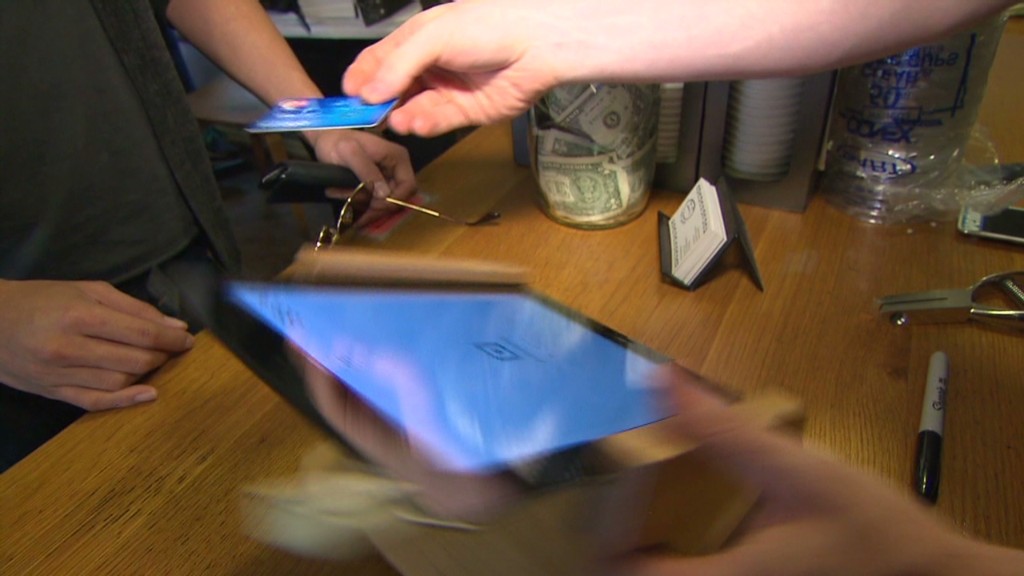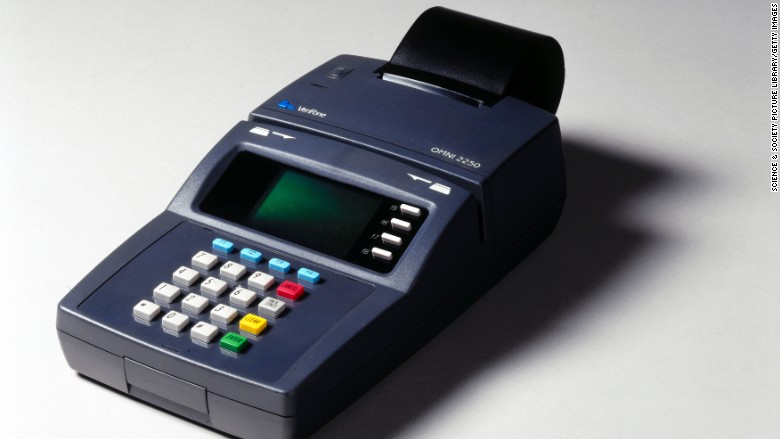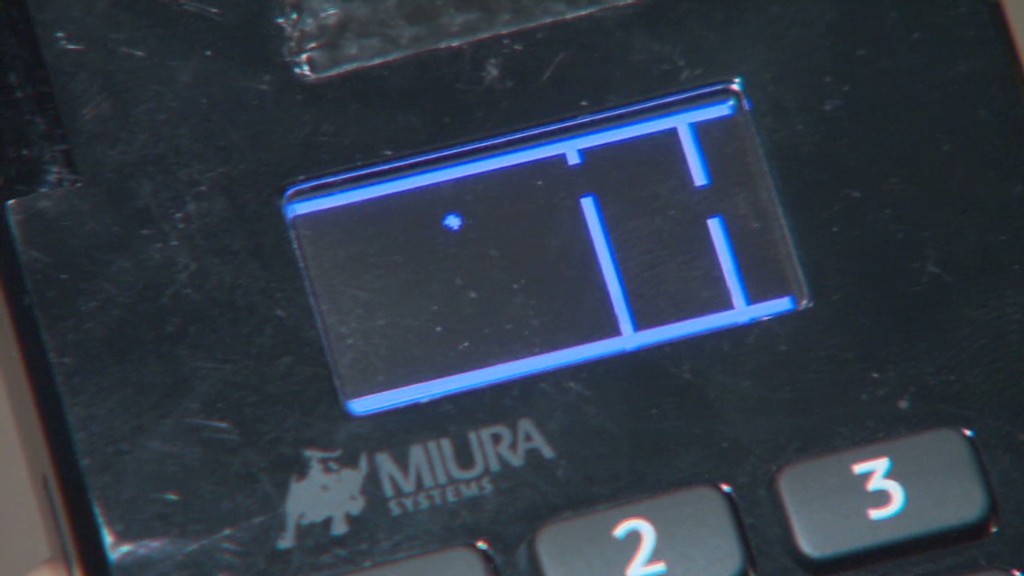This code hacks nearly every credit card machine in the country

Get prepared for a facepalm: 90% of credit rating card audience now use the identical password.
The passcode, set by default on credit score card equipment due to the fact 1990, is quickly uncovered with a swift Google searach and has been uncovered for so extensive there is no perception in hoping to cover it. It truly is possibly 166816 or Z66816, dependent on the equipment.
With that, an attacker can obtain full control of a store’s credit score card visitors, possibly permitting them to hack into the machines and steal customers’ payment information (imagine the Focus on (TGT) and House Depot (High definition) hacks all more than all over again). No speculate huge suppliers maintain getting rid of your credit history card knowledge to hackers. Stability is a joke.
This hottest discovery arrives from researchers at Trustwave, a cybersecurity company.
Administrative accessibility can be made use of to infect machines with malware that steals credit card info, discussed Trustwave govt Charles Henderson. He in-depth his findings at past week’s RSA cybersecurity conference in San Francisco at a presentation called “That Issue of Sale is a PoS.”
Get this CNN quiz — discover out what hackers know about you
The dilemma stems from a match of hot potato. Unit makers offer equipment to particular distributors. These vendors sell them to suppliers. But no one thinks it is really their work to update the learn code, Henderson informed CNNMoney.
“No just one is transforming the password when they established this up for the very first time most people thinks the protection of their stage-of-sale is an individual else’s accountability,” Henderson said. “We’re earning it really simple for criminals.”
Trustwave examined the credit card terminals at a lot more than 120 merchants nationwide. That features big outfits and electronics merchants, as nicely as nearby retail chains. No unique stores had been named.
The wide greater part of machines were built by Verifone (Shell out). But the same situation is existing for all important terminal makers, Trustwave claimed.

A spokesman for Verifone mentioned that a password on your own is just not adequate to infect machines with malware. The company mentioned, until eventually now, it “has not witnessed any assaults on the safety of its terminals based mostly on default passwords.”
Just in case, however, Verifone stated suppliers are “strongly suggested to change the default password.” And nowadays, new Verifone equipment occur with a password that expires.
In any situation, the fault lies with suppliers and their unique vendors. It’s like dwelling Wi-Fi. If you invest in a residence Wi-Fi router, it can be up to you to improve the default passcode. Suppliers must be securing their very own equipment. And equipment resellers should be serving to them do it.
Trustwave, which allows guard vendors from hackers, claimed that holding credit history card equipment safe is low on a store’s record of priorities.
“Organizations devote additional funds selecting the coloration of the position-of-sale than securing it,” Henderson stated.
This issue reinforces the summary made in a current Verizon cybersecurity report: that vendors get hacked simply because they’re lazy.
The default password issue is a major problem. Retail pc networks get exposed to computer viruses all the time. Take into consideration 1 scenario Henderson investigated not long ago. A awful keystroke-logging spy computer software finished up on the personal computer a retailer makes use of to approach credit history card transactions. It turns out staff members experienced rigged it to play a pirated edition of Guitar Hero, and accidentally downloaded the malware.
“It demonstrates you the degree of entry that a whole lot of persons have to the issue-of-sale atmosphere,” he reported. “Frankly, it truly is not as locked down as it should be.”

CNNMoney (San Francisco) First released April 29, 2015: 9:07 AM ET

